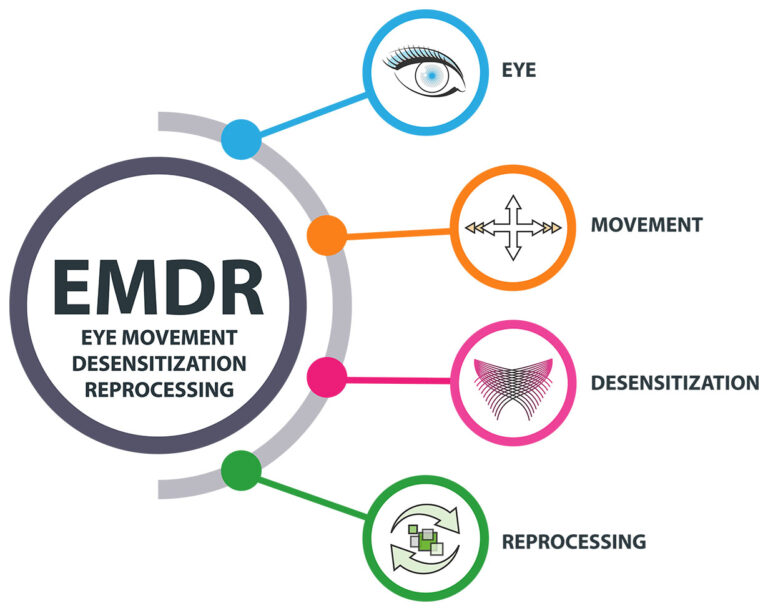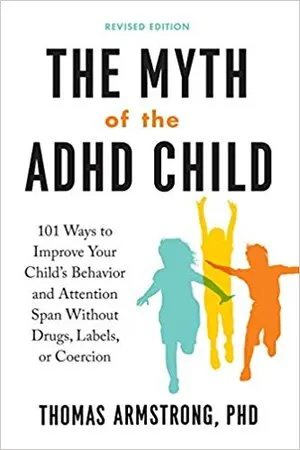Nurturing Mind and Spirit: The Benefits of Faith Based Therapy
Understanding Faith Based Therapy
In an era where mental health challenges are increasingly common, finding a therapeutic approach that honors both emotional well-being and spiritual beliefs is essential. Faith based therapy provides a unique solution by combining professional counseling techniques with spiritual guidance. This therapy focuses on emotional, mental, and spiritual health, creating a comprehensive path toward healing and personal growth.
Faith based therapy encourages individuals to explore their emotions while staying grounded in their faith. By integrating evidence-based counseling methods with spiritual principles, clients can address life’s challenges holistically, fostering both emotional resilience and spiritual strength.
The Significance of Faith Based Therapy
Many people turn to faith for comfort, hope, and guidance during difficult times. However, faith alone may not be sufficient to address mental health concerns like anxiety, depression, or trauma. Faith based therapy fills this gap, providing professional support that complements spiritual practices.
Through faith based therapy, individuals learn to process emotional challenges in a supportive environment that respects their beliefs. This approach promotes mental clarity, emotional regulation, and spiritual insight, offering a balanced framework for overcoming personal struggles.
Who Can Benefit from Faith Based Therapy?
Faith based therapy is suitable for anyone seeking to combine spiritual growth with emotional and psychological support. Key groups who may benefit include:
- Individuals Experiencing Anxiety or Depression: Helps manage emotional distress while reinforcing faith-based coping strategies.
- People Coping with Grief or Loss: Provides comfort and guidance through challenging life events with a spiritual perspective.
- Couples and Families: Assists with relationship conflicts, communication issues, and family dynamics through faith-informed counseling.
- Individuals Seeking Purpose and Clarity: Aligns personal goals and life choices with spiritual values, offering direction and meaning.
- Those Pursuing Spiritual Growth: Supports the journey of strengthening faith while addressing emotional or psychological struggles.
This approach can be adapted to suit clients of all ages and backgrounds, making it versatile for a variety of personal challenges.
How Faith Based Therapy Works
Faith based therapy integrates traditional counseling techniques with spiritual practices to address both mind and spirit. Licensed therapists create a safe, confidential environment for individuals to explore emotional and spiritual concerns.
1. Cognitive and Behavioral Approaches
Techniques such as cognitive-behavioral therapy (CBT) help individuals identify and reframe negative thought patterns, allowing for healthier, faith-aligned perspectives.
2. Spiritual Reflection and Practices
Therapists incorporate prayer, meditation, scripture study, and reflective exercises to encourage spiritual insight, emotional healing, and personal growth.
3. Mindfulness and Relaxation Strategies
Mindfulness exercises, deep breathing, and guided visualization help clients manage stress, anxiety, and emotional tension. When combined with faith-based reflection, these practices enhance resilience and inner peace.
4. Goal Setting and Values Integration
Therapists guide clients in setting personal and spiritual goals. Aligning life choices with faith and values fosters clarity, motivation, and long-term growth.
Signs You Might Need Faith Based Therapy
Faith based therapy can be particularly helpful for individuals facing both spiritual and emotional challenges. Consider therapy if you notice:
- Persistent sadness, anxiety, or stress
- Difficulty coping with life changes, trauma, or grief
- Challenges in maintaining faith or a sense of purpose
- Relationship struggles that affect emotional well-being
- A desire to integrate spirituality into mental health care
Early intervention allows individuals to develop coping strategies and strengthen both emotional and spiritual resilience before challenges escalate.
Benefits of Faith Based Therapy
Faith based therapy offers a range of benefits that combine mental, emotional, and spiritual support:
- Emotional Healing: Learn tools to manage stress, anxiety, and depression effectively.
- Spiritual Strength: Deepen faith while addressing emotional challenges.
- Relationship Improvement: Enhance communication, empathy, and conflict resolution in personal and professional relationships.
- Resilience and Coping Skills: Build adaptive strategies for navigating life’s difficulties.
- Clarity and Purpose: Align personal and spiritual goals to lead a more meaningful, balanced life.
By addressing both emotional and spiritual needs, faith based therapy encourages holistic growth and long-term well-being.
Overcoming Hesitation About Therapy
Some individuals may hesitate to seek therapy due to stigma, fear, or uncertainty about combining faith and counseling. It is important to remember that faith based therapy complements spiritual practices rather than replacing them.
Licensed therapists offer a supportive, non-judgmental space for exploring emotions, spiritual questions, and personal challenges. Online therapy options provide flexibility and accessibility, making it easier for individuals to receive care regardless of location or schedule.
Choosing the Right Faith Based Therapist
Selecting a therapist who respects and understands your spiritual beliefs is essential for effective therapy. Consider the following:
- Professional credentials and experience in mental health counseling
- Ability to integrate faith into therapeutic practices
- Comfort, trust, and empathetic communication style
- Availability of in-person or virtual sessions
A skilled faith based therapist tailors therapy to each individual’s emotional and spiritual needs, offering meaningful support for long-term healing and personal development.
Conclusion
Faith based therapy provides a holistic approach to mental and spiritual well-being. By combining professional counseling with spiritual guidance, individuals can navigate emotional struggles, strengthen resilience, and deepen their faith.
Seeking faith based therapy is a proactive step toward achieving balance, clarity, and personal fulfillment. With the right support, clients can face life’s challenges with confidence, peace, and purpose, experiencing healing that nurtures both mind and spirit.




